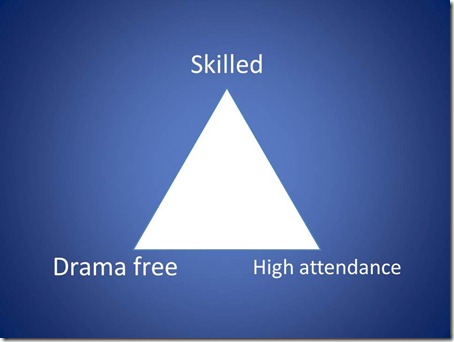
<Apotheosis> must be sick of me whenever I pop into their mumble late at night. That’s Kurn’s guild. Every so often I like to drop in there and have a chat with another GM (who doubles as a blogger herself). Not too many of us around, I’m afraid. She doesn’t know this, but she plays a big part in making sure I remain grounded. When it comes to guild matters, there are certain unspoken rules even among the company of those similar to us. There are topics that we’ll talk about and others that we do not ever, ever discuss. It’s the equivalent of talking shop with others in the trade.
Stuff That’s Fair game
War stories
“And he’s slowly backing up pulling Arthas with him and then falls over the ledge! He just starts screaming over vent, Taunt! TAUNT! I fell off the ledge!”
Everyone loves a good war story. Hilarious events or tales of awesome heroics (that may or may not have been slightly embellished). It’s even funnier if it’s a player that both GMs are familiar with. Typically, whenever war stories are exchanged, there’s usually an important lesson that can be learned and applied. Both leaders walk away knowing more about how to avoid similar situations in the future. The exchange of knowledge means that only one of us would have to experience an event. We’ll then share it with our GM friends in the hopes that they can recognize the symptoms of a problem before it occurs.
In this case, like not tanking Lich King so close to an edge.
Policy
Anytime I’ve wanted to make sweeping policies that affected the guild or the raid, I’d try to consult with someone outside. I search for someone who’s familiar with a similar issue. Even better if the guild leader successfully implemented a policy in the first place. I also to try to get in touch with someone who wanted to put a policy in place but ultimately didn’t and listen to their point of view as well. An outside perspective can shed a spotlight on additional factors that weren’t taken under consideration. I listen to what worked well and what didn’t. Maybe some changes or adjustments were made after the fact to help smooth the transition over.
Speaking of which, I need a consult about whether or not I should implement a policy dictating that all raiders show up with pants worn at all times.
Strategy
This is another reason why I’ll consult with another GM. Sometimes we’ll run into a brick wall when we’re working on an encounter and I like to turn to other people outside who have done the boss. Oftentimes they can offer a little insight into a possible solution. Not everyone’s raid composition is exactly the same. But with strategy changes, you can usually account for that by getting a different class to try and do the same thing. Sometimes it’s a simple solution like moving the raid over slightly or altering the timing! Asking a “How did your guild handle this obstacle?” can sometimes lead to light bulb illuminating moments.
Evaluation techniques
Determining player performance is never going to go away in progression raiding guilds. We’re always looking for methods where we can excel and find tune the players under our raiding core. If a GM happens to be an expert at a class, it’s not a bad idea to pick their brain a bit and find out what they look for when gauging the effectiveness of players.
Stuff That’s Off limits
Current damaging drama
Any active, dramatic issues are kept off the table. I don’t like discussing things like ultimatums, problems or people just giving me a hard time without making certain things really vague. If the guild is going through a really rough time, a lid’s kept on it. However, if a problematic issue has been resolved and passed, I’ll classify it under the war stories category.
Exception: If it really does get to a breaking point, and every option had been considered, I’d probably shoot some ideas and get someone to play devil’s advocate and see if there’s a possible solution that was missed or we walkthrough scenarios of what would possibly happen. Sometimes it isn’t possible to do that within the guild.
Names
I tend to obscure names unless it’s someone well known to the community. If I’m describing a situation, I tend to go with the class or the role.
Example: I think Lodur’s moustache is compromising his ability to heal. Or worst yet, he’s using the moustache to heal.
Applicants
I’ve had players who leave Conquest apply to guilds of other bloggers and vice versa. As a personal rule, I never bring them up at all. As far as I’m concerned, the business is always between the recruit and the guild they applied to. I don’t ever ask about their application nor would I ever meddle in any guild’s affairs. I have a hard enough time running my guild and it’s not my place nor interest to run someone else’s.
Exception: However, if the player who applied did something particularly heinous like break into the guild bank or exploited in game, I believe it’s the duty of the former GM to relay the necessary information and then let them deal with it how they see fit.
Code 21
We never, ever talk about code 21 unless it’s under extreme circumstances. Sorry guys, it’s a GM thing.
And there you have it folks! If you’ve ever wondered what goes in the GM’s lounge, I can assure you that there’s no plot to take over the world or to gkick everyone from the guild. It’s mostly business and nothing to be worried about!


